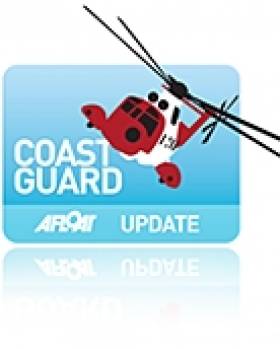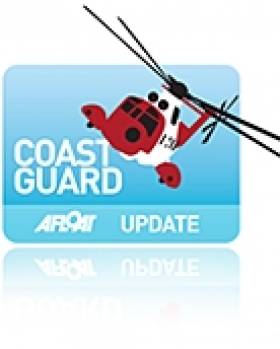Displaying items by tag: Peter Weir
Bangor Coastguard Centre Saved from the Chop
Northern Ireland's only dedicated search and rescue command centre has been saved from closure following a review of plans to streamline the UK's coastguard network.
BBC News reports that UK Transport Minister Phillip Hammond told the House of Commons today that the coastguard station at Bangor would remain open and operate 24 hours a day, allaying concerns that the station would be reduced to daytime-only service.
"Had this decision gone the wrong way, it would not simply have been a blow for the staff here in Bangor, but for all of Northern Ireland," commented North Down MLA Peter Weir.
The Bangor station will be one of eight full-time centres across the UK that remain open, while the stations at Clyde, Forth, Portland and Liverpool will be closed.
BBC News has more on the story HERE.
Minister's Praise of Bangor Coastguard 'Rings Hollow'
UK Shipping Minister Mike Penning's praise of staff at Northern Ireland's only coastguard station has been described as 'hollow' by a DUP MLA.
Penning had described his meeting with staff at the Bangor coastguard centre, which is threatened with closure under new streamlining plans, as "a breath of fresh air".
But the DUP's Peter Weir told the Community Telegraph that his praise "rings a little hollow as it is the minister who created the problem in the first place".
He added: "“We cannot be allowed to be the only part of the UK to be without this facility, and the Secretary of State should be making it clear to his colleagues that he feels so strongly about this that he considers this a resigning matter."
North Down Mayor John Montgomery (DUP) also complained that neither he nor his councillors were informed of the minister's flying visit, which had been rescheduled after a previous cancellation.
"Is the Shipping Minister running scared of North Down councillors?" he asked.

























































